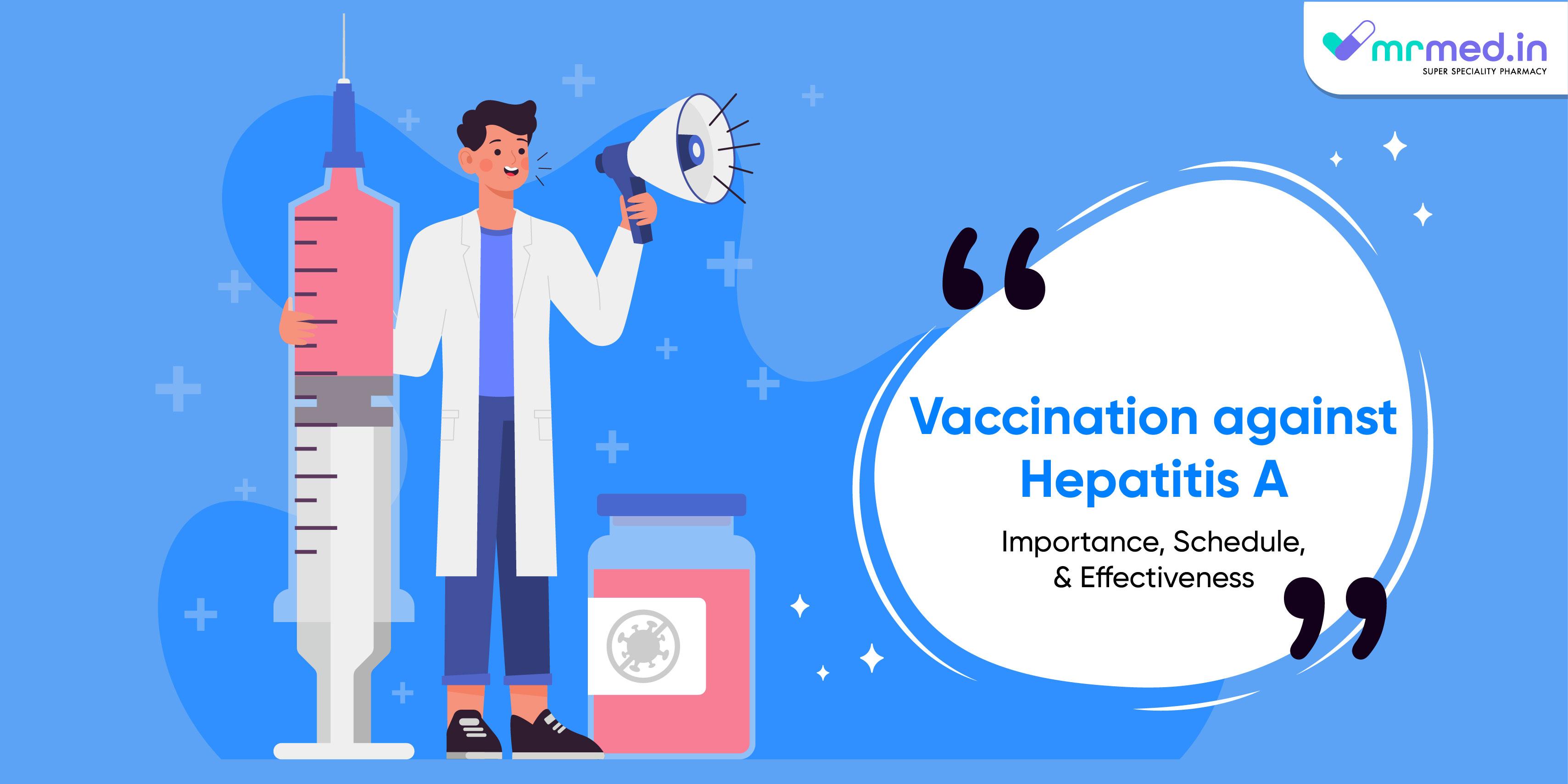Hepatitis A poses a significant threat to public health. It is a highly contagious viral infection caused by hepatitis A virus (HAV), affecting the liver and spreading through contaminated food and water. Antiviral medicines are not typically used to treat hepatitis A, as the infection usually clears up on its own without specific treatment. Hepatitis A vaccination offers a crucial line of defense against this liver disease. Here is a comprehensive look at why vaccination is essential when adhering to the vaccination schedule and how it can effectively mitigate the risks of hepatitis A.
Why Vaccination Matters
Hepatitis A inflicts severe liver damage and can cause debilitating symptoms, including fatigue, abdominal discomfort, nausea, and jaundice. Even asymptomatic individuals can unwittingly transmit the virus to others. Vaccination plays a pivotal role in preventing the spread of hepatitis A, thereby averting its potentially dire consequences.
Vaccination Schedule
The vaccination schedule for hepatitis A is designed to provide optimal protection for individuals across various age groups. Below is a table of the recommended vaccination schedule:
| Age Group | Vaccination Schedule |
| Children | First dose: 12-23 months of age |
| Second dose: at least 6 months later | |
| Infants (traveling abroad) | 1 dose at 6-11 months, followed by 2 additional doses at recommended intervals |
| Older Children & Adolescents | Vaccination if not previously immunized |
| Adults | Recommended for unvaccinated individuals |
| Other High-Risk Groups | Includes international travelers, individuals with occupational risks, men who have sex with men, drug users, those with chronic liver disease or HIV, and people experiencing homelessness |
Who Should Consider Vaccination
Apart from the standard recommendations, certain high-risk groups are strongly encouraged to receive the hepatitis A vaccine. This includes individuals with potential exposure through travel, occupation, or lifestyle choices, as well as those with underlying medical conditions predisposing them to severe complications.
Vaccine Administration
Vaccines are administered in a healthcare setting by your healthcare provider. It is injected directly into the muscle in the upper arm for adults and children or in the outer thigh for young children by a healthcare provider.
Potential Side Effects
Administering the hepatitis A vaccine is typically associated with minor side effects such as local soreness or redness at the injection site and transient systemic symptoms like fever, headache, or fatigue. While severe reactions are exceedingly rare, individuals are advised to seek medical attention if any concerning symptoms arise post-vaccination.
Havrix Vaccine
Havrix 720 injection is an inactivated (killed) vaccine designed to prevent Hepatitis A disease, a viral infection affecting the liver causing jaundice. It protects against the Hepatitis A virus, which is transmitted through contaminated food and water.
Advantages of Havrix 720
- Protects against hepatitis A in children (1 year - 18 years).
- Quick and easy shot into the muscle.
- Highly effective with 99% antibody induction.
- Long-lasting immunity with a single dose and booster option.
- Well-tolerated, with mild side effects.
- It can be given alongside other vaccines.
- Helps control hepatitis A outbreaks.
Efficacy of Hepatitis A vaccines
Hepatitis A vaccines are super effective at preventing the disease. Studies have shown that they can stop hepatitis A in its tracks, especially in kids and communities with high rates of the disease.
For example, in one study, over a thousand kids were vaccinated, and none of them contracted hepatitis A afterward. Meanwhile, in the group that didn't get vaccinated, 34 cases of hepatitis A popped up. That is a whopping 100% effectiveness rate for the vaccine!
In places where hepatitis A is a big problem, like Native American communities, vaccinating lots of kids has led to a big drop in the number of cases. And even in bigger communities where the disease isn't as common, vaccinating kids has still helped to reduce the number of cases over time.
Overall, hepatitis A vaccines are doing a great job of keeping people safe from this liver disease. They're especially important for kids and communities where hepatitis A is a big concern.
Conclusion
In summary, vaccination against hepatitis A is a pivotal strategy for safeguarding individual and public health. By adhering to the recommended schedule and addressing any concerns with healthcare providers, individuals can contribute to the collective effort in effectively combating this infectious disease.
